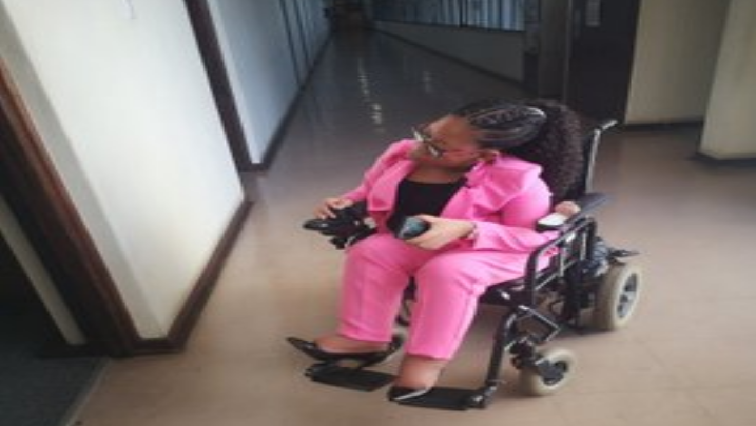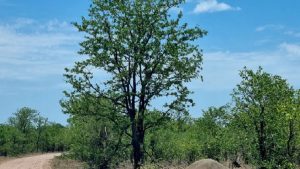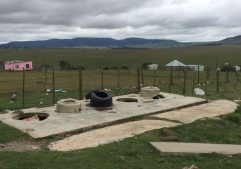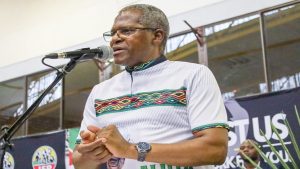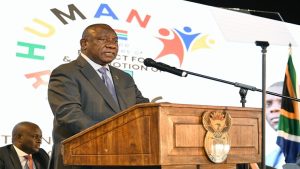As the country observes Human Rights Day, people living with disabilities say they are still not enjoying the same rights as their able-bodied counterparts.
They say it is a struggle to find a job even if you have tertiary qualifications. Some believe that there are employers out there that continue to discriminate against them.
Day-to-day struggles range from not having accessible ablution facilities, to discrimination.
Mathews Dumakude, who is living with Albinism, shared some of his frustrations. Dumakude says some employers still need to be educated about fair employment practices and opportunities for people living with disabilities.
“People with Albinism are facing challenges of discrimination and isolation some from their families to the communities and even concerning the job opportunities you find that people with Albinism are still discriminated to access the jobs that they qualify for because of the attitude, sometimes the employers they think about the partial shortsightedness, while we are managing to do the job as we are educated like anybody.”
Wheelchair-bound Gugu Mjilo studied at the University of KwaZulu-Natal. She says the perception that people with a disability can easily get a job is wrong. Despite having two degrees, Mjilo says she struggled to get a job in both the private and public sectors.
“It was the most draining stage I ever experienced in my life because after finishing my first degree, which was way back in 2015. I had this thing that okay I have a qualification, therefore, I will get the job and you know people have this thing of saying since you have a disability it will be easy for you to get a job. But for me, it was very difficult because it was a totally different story after having two degrees now my first degree and my honours, my hopes were very high to say I have two degrees now, therefore, I would get a job easily but again it was the same story, no maybe, it is the disability that is blocking me from getting the job.”
#sabcnews #sabckzn Wheelchair-bound Gugu Mjilo studied at UKZN. She says the perception that people with a disability can easily get a job is wrong. Despite having two degrees, Mjilo says she struggled to get a job in both the private and public sectors. pic.twitter.com/SaFH3wgEUj
— Nonkululeko Hlophe (@Leko3) March 20, 2020
#sabcnews #sabckzn Mjilo arriving at her work. pic.twitter.com/4dxxuy6PFR
— Nonkululeko Hlophe (@Leko3) March 20, 2020
Ray of hope
Now sitting in her office, working for the KwaZulu-Natal Department of Cooperative Governance and Traditional Affairs, Mjilo says she still has to work harder. Mjilo says there is, however, a glimmer of hope for the human rights of people with disabilities.
“Looking at post-1994 a lot of people with disabilities most of them couldn’t access the institutions of higher learning, but now I am one of those people who had the opportunity to be at varsity and was able to get funding for my studies. I would say that in as much that there is still a lot that needs to be done, government has done a lot for people with disabilities. Obviously we experience gaps here and there, but government is really trying even for the fact that government emphasise that people with disabilities after finishing their studies the government and private organisations must look for ways of employing people with disabilities.”
Meanwhile, Fikile Mbonambi of the Foundation of Success says they assist people with disabilities by looking for equipment to make their lives easier.
“Through our organisation we found lot of challenges in our community there are people who are willing to go out to talk about their personal disability but they can’t we are helping them to go out and express themselves we also go to different departments looking for assistance for those who need wheelchairs.”
Mbonambi highlighted that an act of kindness in helping a person with a disability goes a long way – as one can learn something from that person.


